For the past decade, the basic lines of conflict in American public life seemed clear. Donald Trump was pitted against the establishment, the “basket of deplorables” who supported him against the elites. The reality was more complicated. Yes, plenty of rich and powerful Americans supported Trump and plenty of poorer Americans on the fringes of society were against him. But in a certain section of society the disdain for Trump was unequivocal. Among the country’s elite — at Harvard and Stanford, at Google and Goldman, near the beaches of the Hamptons and the mountains around Aspen — anyone who defied the anti-Trump consensus could expect swift consequences for their social standing.
There have been constant melodramas over this form of social ostracism. Two years ago, Alan Dershowitz — a formerly pro-Democrat lawyer who went from representing Mike Tyson and O.J. Simpson to arguing a key case for Trump — complained bitterly that the Chilmark Library on Martha’s Vineyard had failed to invite him to deliver a talk to well-heeled local vacationers, something he’d done annually for decades. “I’ve been canceled, basically, by the Chilmark Library,” he lamented to the New Yorker.
Zuckerberg called Trump’s reaction to the assassination attempt ‘one of the most badass things I’ve ever seen’
Supporting Trump could also have consequences far more serious than upsetting local librarians. As the tech publication the Information recently acknowledged, it could cost careers too: “It wasn’t so long ago that being a supporter of Donald Trump’s presidential candidacy in Democrat-leaning Silicon Valley — or even having a loose affiliation with him — was the kind of thing that earned you dirty looks, a pink slip from an employer and stern advice to rethink your life choices.”
Yet this seems to be changing. If a number of American commentators are to be believed, the country is undergoing an unexpected “vibe shift.” Coined in 2022 by Sean Monahan, a self-described trend forecaster, the idea of a vibe shift originated in the fashion world. It was meant to denote the confusing and often unexpected transition from one paradigm of cool to another. One day, smoking and wearing plaid shirts may be seen as fashionable but — vibe shift! — a few months later the inverse becomes true.
Of late, commentators argue, a political vibe shift is under way: suddenly, supporting Trump seems to be much more socially acceptable than before — in some elite circles, perhaps even a little cool.
Take Silicon Valley. The biggest tech entrepreneurs and the hordes of programmers and HR professionals at large firms like Google and Meta were once staunchly progressive. Yet this year, a growing number of the tech world’s rich and famous, from Elon Musk to David Sacks, the founder of a large venture capital firm in Silicon Valley, are endorsing Trump. Even longtime Democrats are suddenly on the fence; Mark Zuckerberg said he wouldn’t endorse either candidate in a recent interview, and called Trump’s reaction to the assassination attempt “one of the most badass things I’ve seen in my life.”
The transformation on Wall Street may be just as consequential. Jamie Dimon, the CEO of JP Morgan, for example, has been outspoken in his criticisms of Trump in the past; this year, he used the annual global elite gathering at Davos to signal he’d changed his mind and intended to support Trump’s re-election bid. Dimon isn’t alone. There’s also Bill Ackman, a Democratic donor and notable hedge-fund manager. This year, he picked a series of fights with university presidents who, in his estimation, weren’t sufficiently protective of Jewish students on campuses; a few weeks ago, he announced he’s supporting Trump.
Even some celebrities from traditionally left-leaning fields are donning proverbial — or literal — MAGA hats. 50 Cent, the New York rapper, recently said “many black men identify with Trump.” After Trump’s attempted assassination, he tweeted a picture of one of his albums, featuring lyrics about being shot, with Trump’s face replacing his own. Others who’ve publicly embraced Trump include the influencer Amber Rose and singer Azealia Banks.
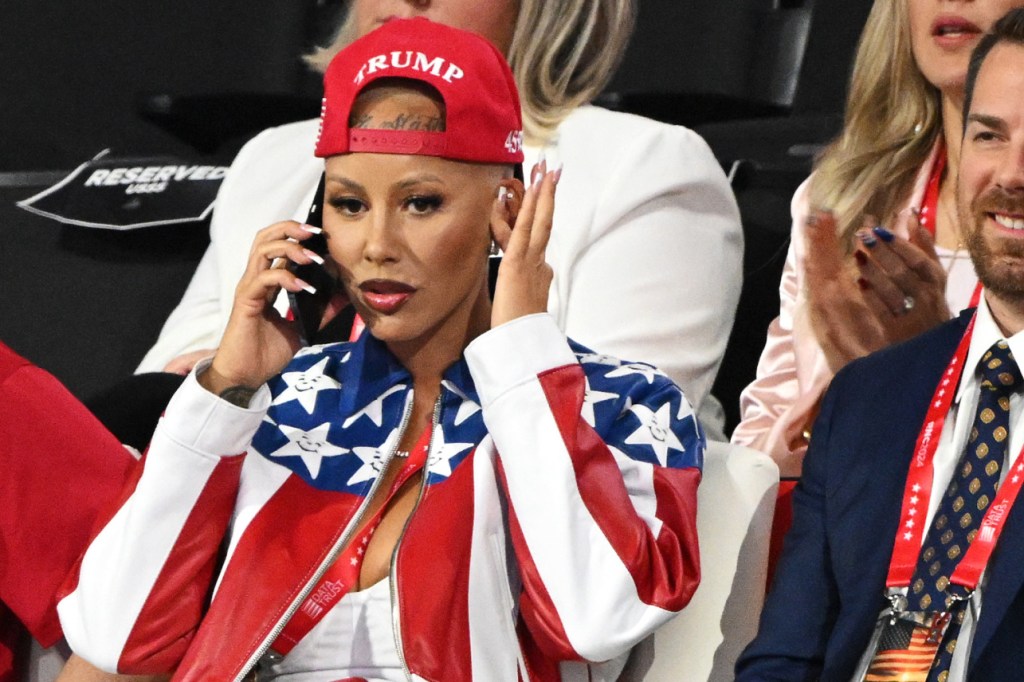
The vibe shift goes beyond America’s wealthy, extending to many groups once viewed as solidly Democrat. As polls show, non-white voters, especially young black and Latino men, have rapidly moved towards the Republicans. And they’re increasingly vocal in their support. Some of the most fulsome arguments I’ve heard for Trump recently came from a Puerto Rican cleaner and a Mexican-American Uber driver.
Even now, polls show Trump remains deeply unpopular among most Americans; according to a New York Times poll, about 55 percent of registered voters hold a negative view of him. But the same poll suggests the intensity of that unpopularity has diminished in recent years; the number of Americans who have a “very unfavorable” opinion of Trump has declined by five percentage points since the summer of 2022.
This isn’t a huge swing. But I wonder whether even those Americans who continue to have an unfavourable opinion of Trump have come to fear him less than before. In my own social circle, concerns over his presidency were palpable in 2016 and many actively opposed his campaign. This year, the same people think Trump is likely to win, claim they would be extremely worried about him getting a second term but shrug in embarrassed resignation when I ask what they’re doing to stop him. The dislike for Trump might run deep. But the palpable concern about what he might do — and, with it, the social taboo against his supporters speaking their mind — is diminishing.
Political scientists like to say American public opinion is thermostatic — it moves in the opposite direction of policy. It would be tempting to think the assets of the presidency — with its political power, giant bully pulpit and ability to influence a press obsessed with access — would help the incumbent move public opinion towards their own views. But presidential influence has historically done the opposite. If the incumbent is liberal, American political opinion becomes more conservative (and vice versa). This helps explain why America moved right when Barack Obama was president; why it tacked to the left after Trump’s 2016 victory; and also, perhaps, why it’s been trending in a conservative direction since Joe Biden won in 2020.
This thermostatic swing has been reinforced by Biden’s declining mental acuity. Biden remained sufficiently salient in public for voters to blame him for their frustration, from inflation to the growing influx of illegal migrants, whether he was responsible or not. But once his team felt forced to hide him away, he couldn’t defend his record. Consequently, public views on topics such as border security have moved right.
What’s more, the cultural progressivism that conquered America’s institutions, including the Democratic Party, inspired a thermostatic response of its own. This includes popular disaffection with a constant emphasis on equity; with attempts to punish anyone perceived of committing some ill-defined form of political wrong-think; and with the smug and pretentious linguistic register which characterizes much of public life today.
Take a recent example of the progressive sensibility overreach. When SpaceX successfully launched a rocket into space a few weeks ago, the New York Times responded with a breaking news alert pushed to millions of phones. Rather than celebrating the historic launch, the article attacked Musk’s company for not sufficiently protecting birds’ nests it might damage. Leaders in Silicon Valley — many of whom have long felt personally aggrieved that they have become the whipping boys of their former allies in the left-leaning establishment — were furious.
If one part of the story behind the vibe shift is about a growing rebellion against the progressive ecosystem most Democrats inhabit, another part of the story is about how Trump’s image has changed — starting with the way in which his temporary absence from mainstream platforms helped divert popular attention away from his failings.
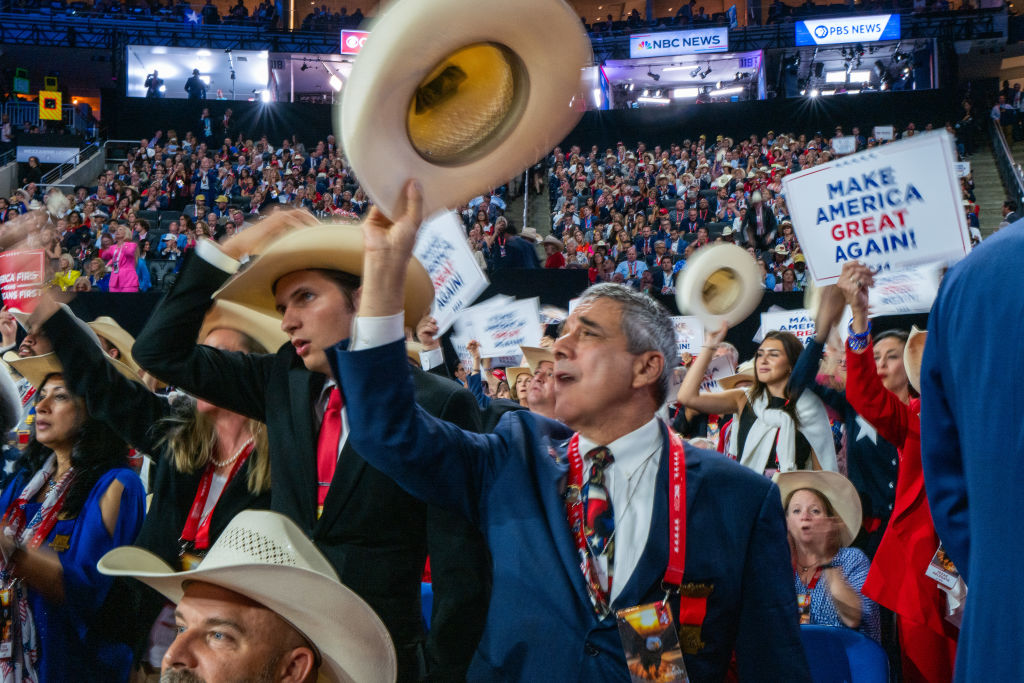
If I had been advising Trump in January 2021, I’d have told him to go to Mar-a-Lago, stay off Twitter, give Biden a chance to screw up and let Americans forget about how much they blamed him for the violent assault on the Capitol. Trump is far too enamored with the limelight to heed such advice. But because Twitter banned him in January 2021, and major TV channels made a concerted effort not to platform him, he was effectively forced to adopt this strategy.
As the memories of Trump’s presidency recede, public revulsion at him has subsided. This process was speeded along by two sets of developments that played into his hands. First, the only judicial case against him that led to a conviction was weak. Other cases would have addressed very serious misconduct, such as his alleged attempts to pressure election officials to do his bidding. The case successfully brought by the elected Manhattan district attorney, however, used an unusual legal theory to punish him for the tawdry — but ultimately inconsequential — decision to pay a porn star he slept with for her silence.
Then there was the attempted assassination and Trump’s courageous response. After he survived, Trump shrewdly claimed he was a changed man, promising in an acceptance speech at the Republican National Convention that he would demonstrate his desire to heal political divisions. The first minutes of the speech emphasized the need for national unity in tones that could have been uttered by Ronald Reagan, or even Obama.
For the next hour of the speech, however, Trump went beyond the lines on his tele-prompter, returning to soundbites that work brilliantly at campaign rallies – extreme statements and partisan barbs against opponents. In other words, Trump isn’t a changed man. And yet his position on many policy issues — which partially explain the intensity of the revulsion against him in 2016 — has softened. There have been no hostile calls to ban Muslims entering the US.
There’s a final reason why a vibe shift has been taking place — and why it could end as quickly as it began. Most Americans believed Biden was too old. Kamala Harris, who is set to succeed Biden as the Democratic presidential candidate, is also deeply unpopular. Her vulnerabilities, personal and political, are real. But she seems with it, at least. She should be better able to motivate the Democratic base and will likely spend much of her campaign prosecuting a rhetorical case against Trump. If she succeeds, claims of a political vibe shift may turn out to be premature. But that remains a big “if.”
This article was originally published in The Spectator’s UK magazine. Subscribe to the World edition here.



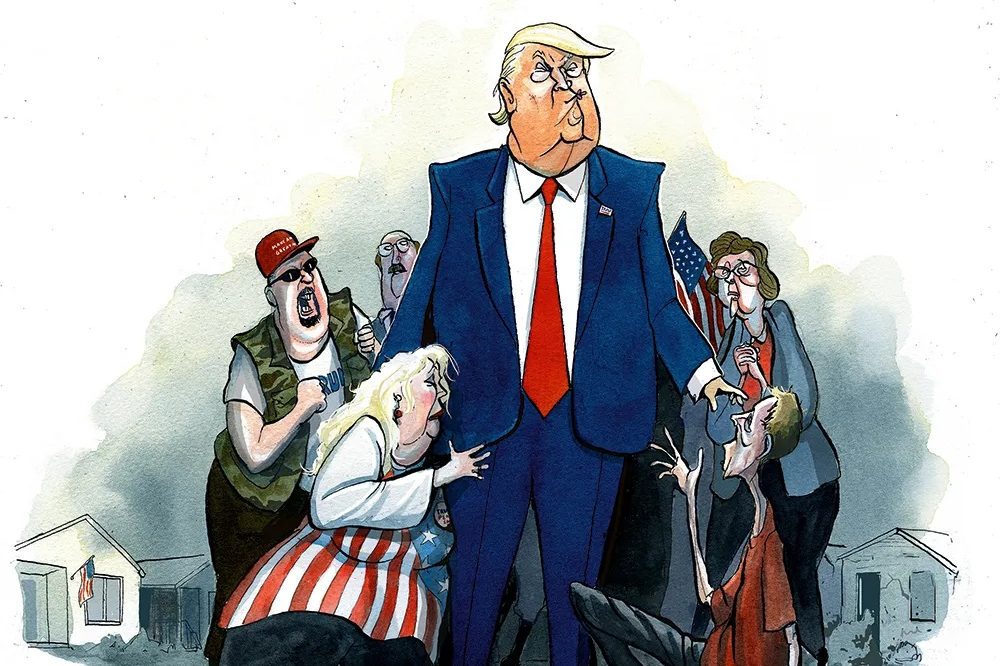











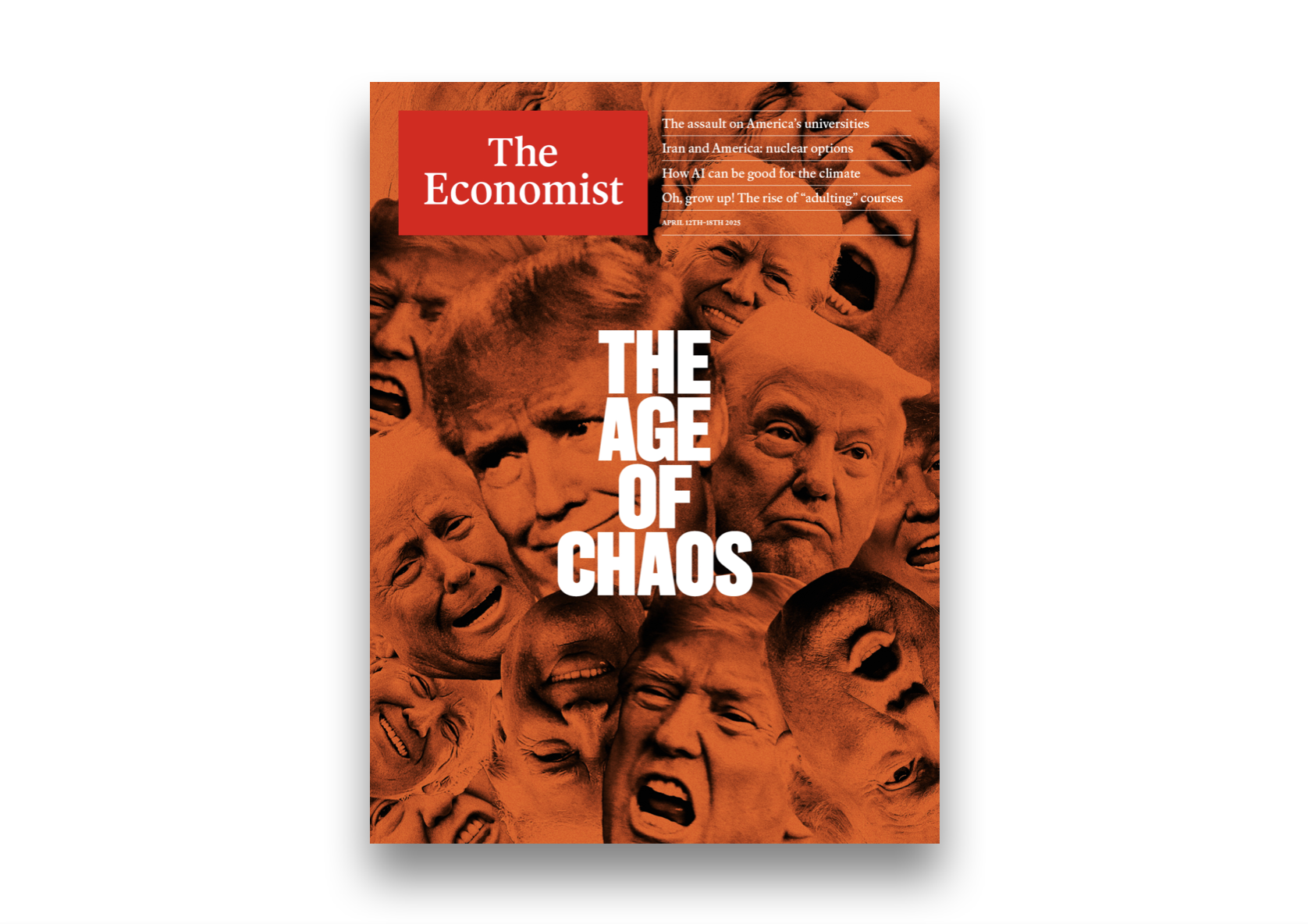


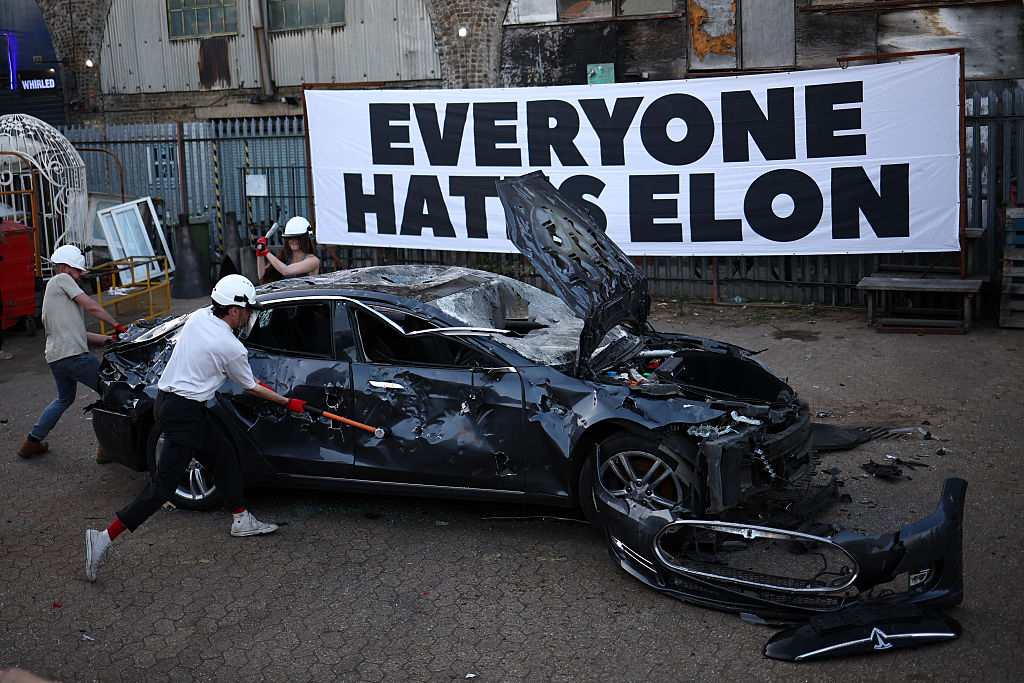







Leave a Reply